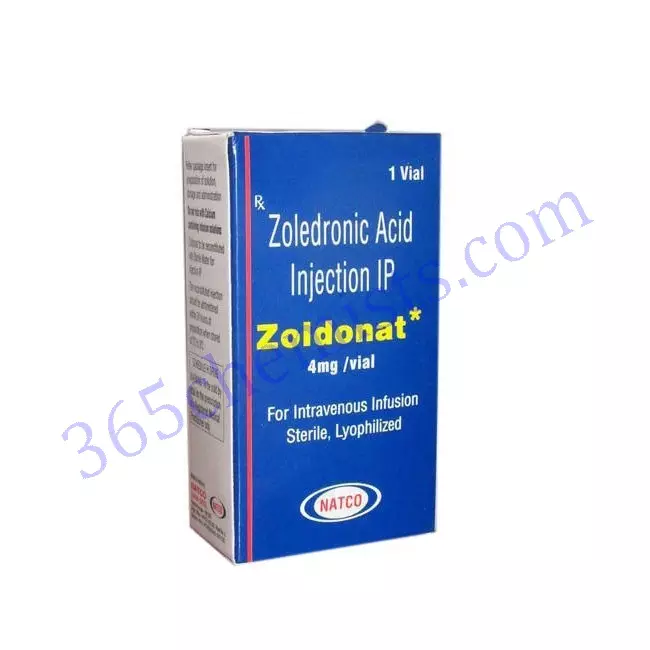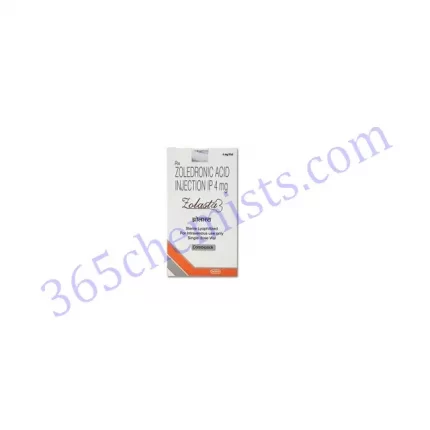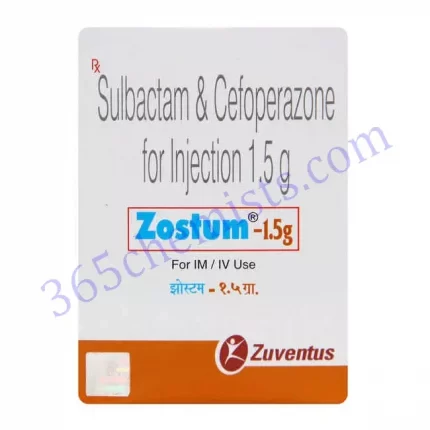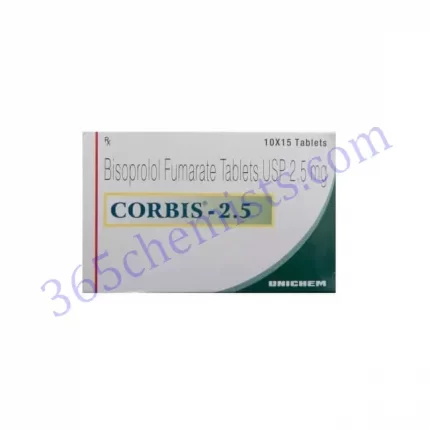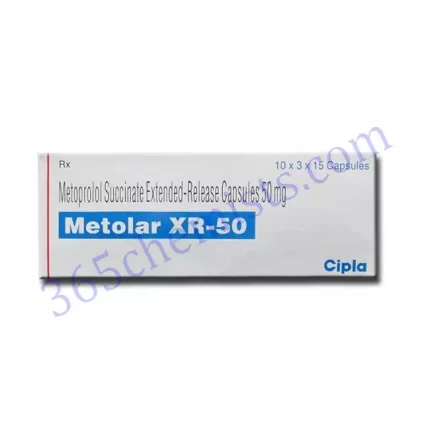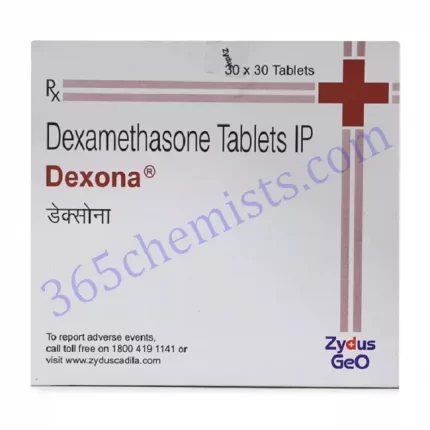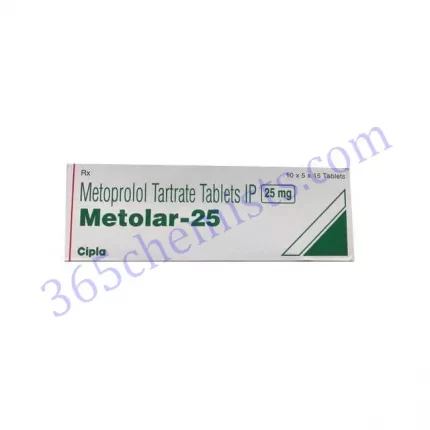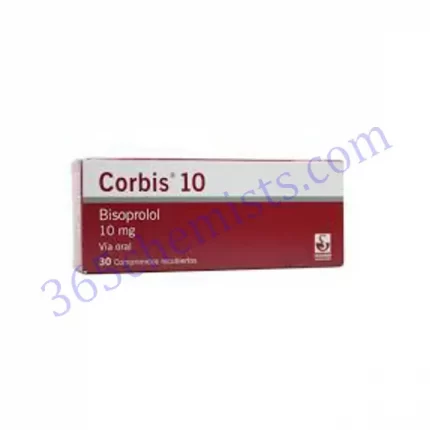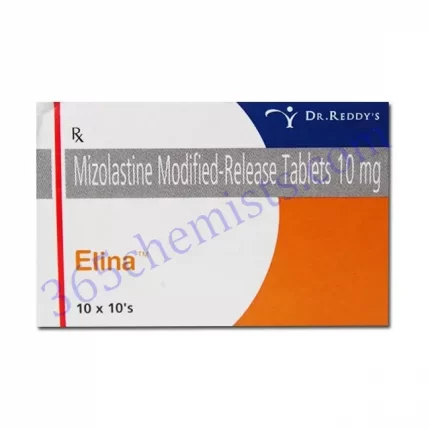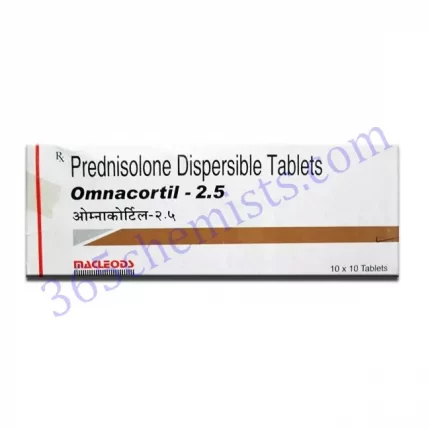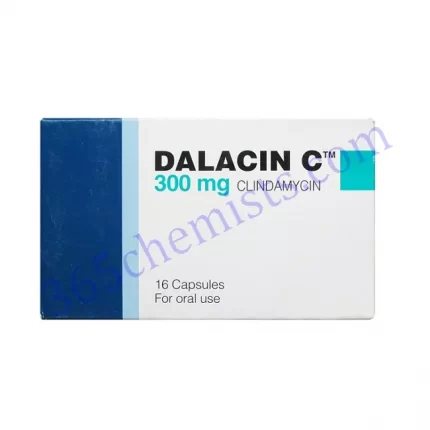Zoldonat 4mg Injection (Zoledronic Acid 4mg): Empowering Bone Health and Cancer Management:
It is a powerful medication that is used to support bone health and manage conditions such as cancer-related bone complications. Zoldonat 4mg Injection contains 4mg of Zoledronic Acid and is administered via injection. The purpose of this detailed guide is to offer helpful information regarding the applications, dosage, potential adverse effects, and safety measures that should be taken before using Zoldonat 4mg Injection. This guide will provide you with the essential information you need to enhance bone strength and address bone issues related to cancer. Whether you are a healthcare professional or an individual seeking to enhance bone strength and address bone issues related to cancer, this guide will equip you with the necessary information to make informed decisions about an effective injection that enhances bone health.
Understanding Zoldonat 4mg Injection:
- Inhibiting osteoclast activity is one of the primary ways in which Zoldonat 4mg Injection works to support bone density and strength. This formulation was developed specifically for this purpose. Zoledronic acid, which is the active ingredient in this product, plays an important part in minimising bone-related side effects associated with cancer treatment and reducing the risk of bone loss.
- Zoledronic acid is a champion when it comes to bone health.
The drug class known as bisphosphonates includes zoledronic acid, which is the primary active ingredient in Zoldonat 4mg Injection. It does this by inhibiting the activity of osteoclasts in the bone by binding to hydroxyapatite crystals in the bone, which in turn reduces bone resorption. As a consequence of this, Zoledronic Acid is beneficial to cancer patients in that it helps to preserve bone integrity and prevents skeletal complications. - Zoldonat 4mg Injection has a wide range of applications, including the management of bone complications related to a variety of cancers, such as breast cancer, prostate cancer, and multiple myeloma, among others. Because of its wide range of applications, it is an extremely useful medication for the management of bone health issues associated with cancer.
Dosage and Administration:
- Intravenous Administration while Under the Supervision of a Medical Professional:
Zoldonat 4mg The patient receives the injection intravenously from a trained medical professional. In order to ensure that the medication is administered in a manner that is both safe and effective, the injection is given over a predetermined period of time. - Individualised Treatment Plans: The dosage and administration schedule of Zoldonat 4mg Injection are modified to meet the specific requirements of each individual patient. When developing individualised treatment plans, medical professionals take into account a variety of factors, including the specific type of cancer being treated, the patient’s bone health, and their overall medical condition.
- Monitoring on a Regular Basis to Ensure Ongoing Bone Health It is essential to attend regular follow-up visits in order to monitor bone health and evaluate how effectively Zoldonat 4mg Injection is working. In order to evaluate the efficacy of the treatment, various assessments, including bone density tests, might be performed.
Possible Side Effects:
- Zoldonat 4mg Injection is generally well-tolerated by the majority of patients. This holds true for the majority of patients. Mild fever, fatigue, and symptoms similar to the flu are among the most frequently reported adverse effects. These side effects are typically fleeting and go away on their own.
- Rare Occurrence of More Severe Side Effects Although it is uncommon, some patients may experience more severe side effects, such as kidney problems, jaw osteonecrosis, or an allergic reaction. These side effects can be life-threatening. In the event that any peculiar symptoms present themselves, immediate medical attention needs to be sought.
Precautions and Warnings:
Patients with Kidney Impairment Should Use Zoldonat 4mg Injection with Caution Patients who have kidney impairment should exercise caution when using Zoldonat 4mg Injection. To ensure that the medication is taken without risk, the healthcare provider will adjust the dosage and carefully track how well the kidneys are functioning.
Patients who are undergoing dental procedures or who have poor dental hygiene should inform their healthcare provider before beginning treatment with Zoldonat 4mg Injection. This reduces the risk of jaw osteonecrosis. This safety measure helps reduce the possibility of developing jaw osteonecrosis, a side effect of bisphosphonates that is uncommon but potentially life-threatening.
Conclusion:
It has come to light that Zoldonat 4mg Injection, also known as Zoledronic Acid 4mg, is an effective means of bolstering bone health and managing bone complications caused by cancer. Its active component, Zoledronic Acid, inhibits the activity of osteoclasts and lowers the risk of skeletal complications in cancer patients. This makes Zoledronic Acid a champion of bone density.
Patients will be able to confidently embrace Zoldonat 4mg Injection as an essential component in the management of their bone health if they adhere to the individualised treatment plans, ensure that they undergo regular monitoring, and observe any necessary precautions. Individuals who take Zoldonat 4mg Injection are given the ability to address bone issues that are caused by cancer and to experience improved bone strength as a result of the injection’s broad range of applications and its versatility.
The clarity and coherence of this guide are helped along by the strategic placement of subheadings, the use of active voice, and the increased incorporation of transition words. Individuals can navigate the cancer journey with greater ease, knowing that their bones are being cared for and fortified with Zoldonat 4mg Injection, which supports bone health and cancer management.

